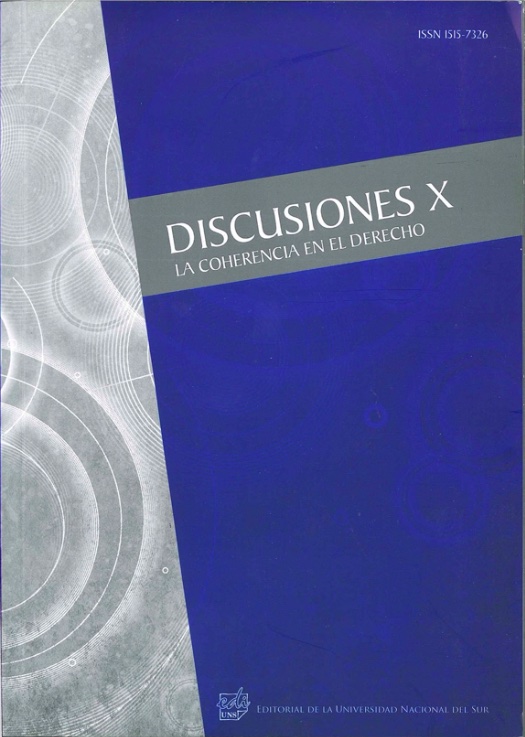The two Paths of Moral Realism
DOI:
https://doi.org/10.52292/j.dsc.2011.2531Keywords:
Moral Realism, Semantic Cognitivism, Ontological thesisAbstract
Moral realism is one of the two dominant positions in the metaethical debate (the other being anti-realism), both today and throughout the 20th century. It holds two main theses. On the one hand, the meaning of moral judgements is capable of being evaluated in terms of truth and falsity. This is the so-called thesis of semantic cognitivism. On the other hand, the second thesis claims that such judgments refer to the existence of moral facts or properties, which act as truth conditions of moral judgments. This second thesis is known as the ontological thesis. The article explains and questions the ontological and epistemological differences between the two theses.
Downloads
Downloads
Published
How to Cite
Issue
Section
License
Discusiones does not withhold rights of reproduction or copyright. Consequently, authors may share the final versions of publications.


